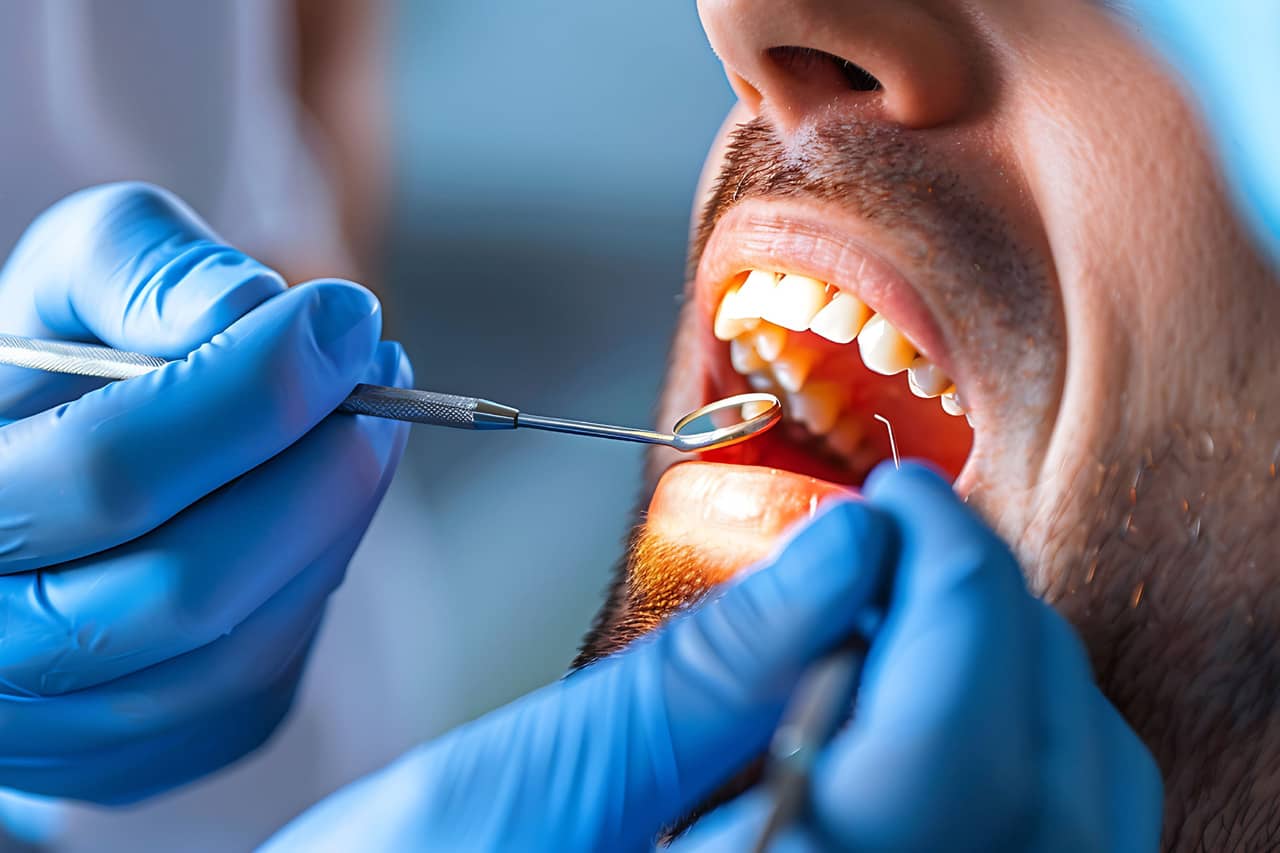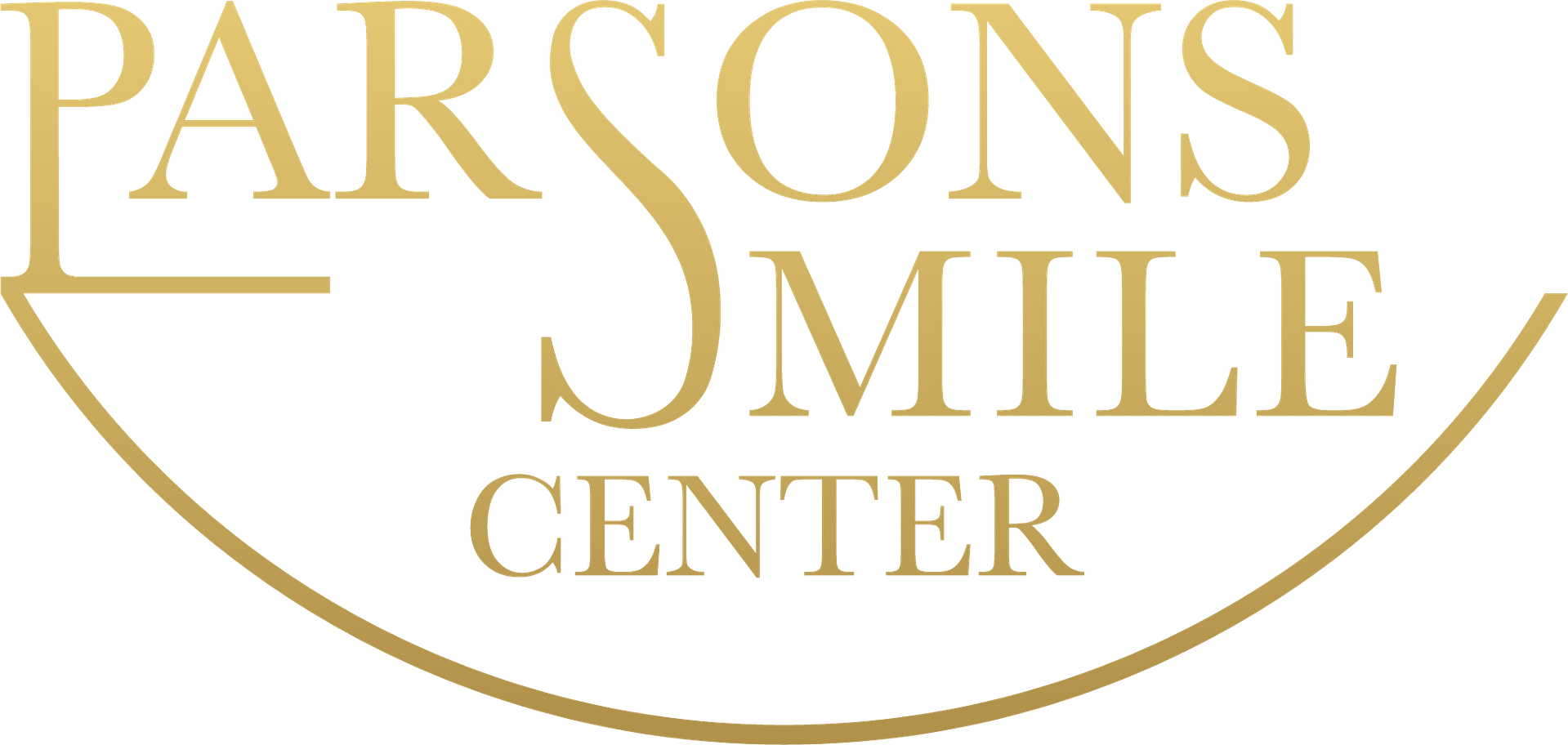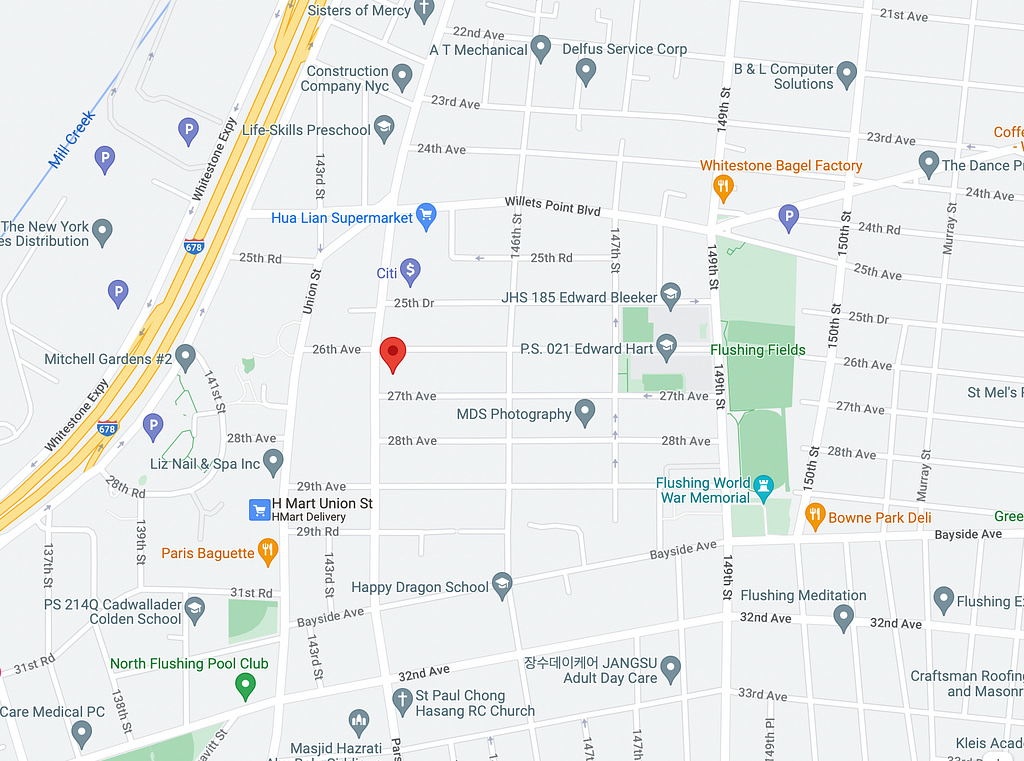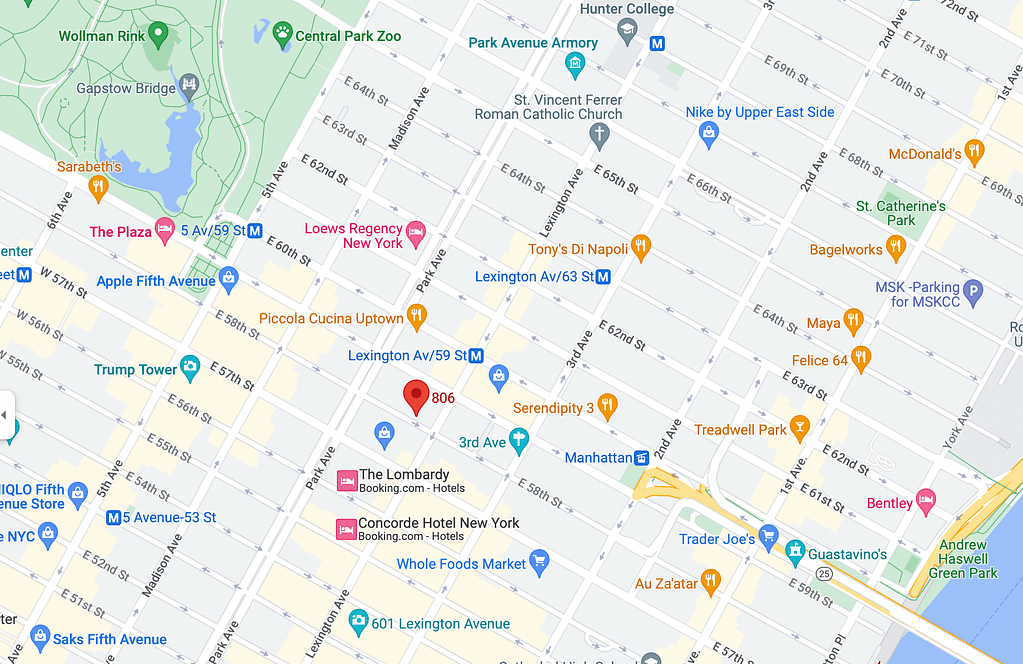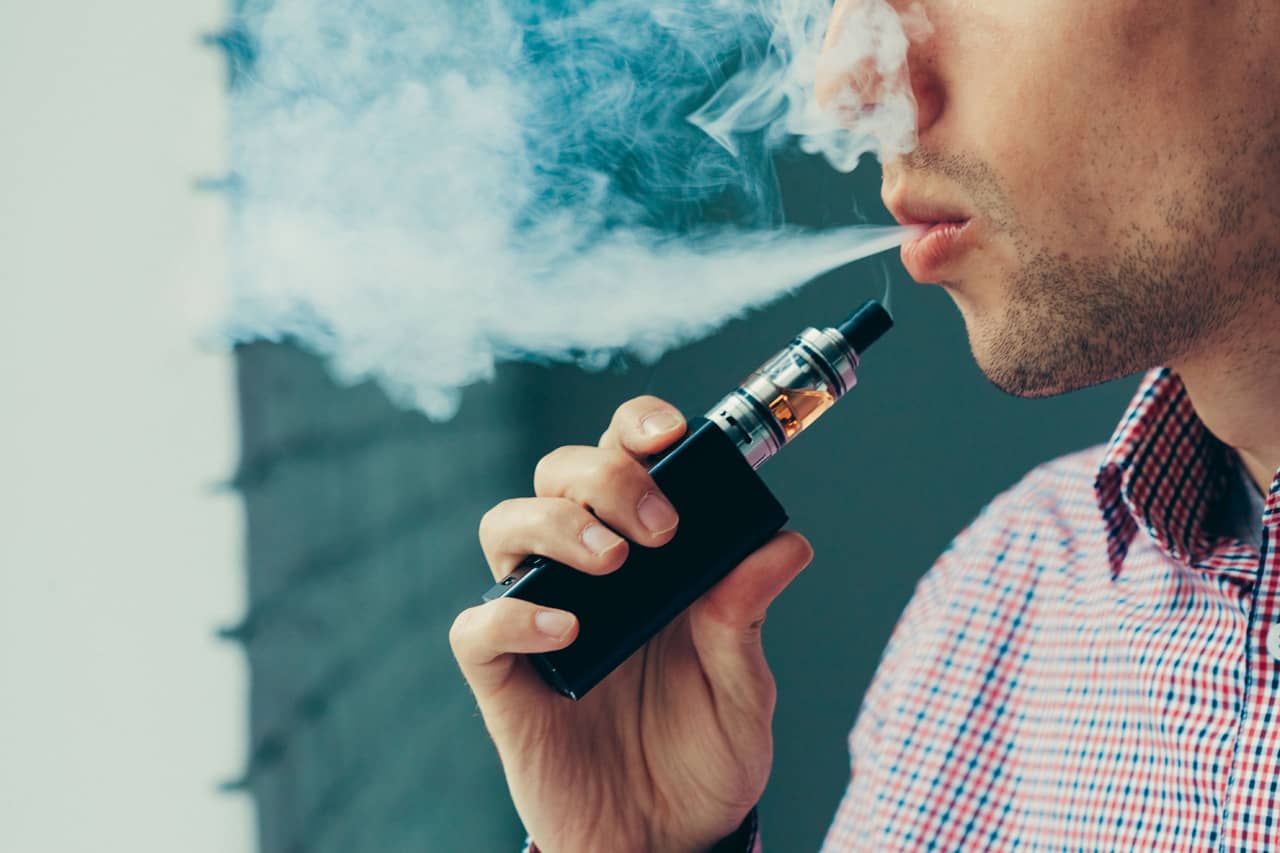
Accidents can happen at any time, often when you least expect it. Car accidents, bad falls, and other incidents can result in a knocked-out tooth, otherwise known as a tooth avulsion. If you lose a tooth, you may wonder if it can be put back. While a tooth does not heal on its own like other bones or cuts on your skin, a dental surgeon may be able to reinsert it in certain conditions. At Parsons Smile Center, we will closely evaluate the socket, the tooth, and your overall oral health to determine if the avulsed tooth can be reinserted or if it should be replaced with an artificial tooth.
We understand the stress and concern you may feel after losing a tooth, so we work closely with you to determine if the tooth can be put back in or requires different treatment. We have special hours for emergency services, including evenings and Saturdays, so you can receive the care you need right away. Dr. Fady Salha has over 30 years of experience in the industry and is committed to working one-on-one with every patient. This client-focused approach and our state-of-the-art facilities allow you to feel comfortable and confident.
When Can a Knocked-Out Tooth Get Put Back In?
To save an avulsed tooth, acting quickly is crucial. If you can locate the knocked-out tooth, taking the following steps can help preserve the tooth before you seek dental treatment:
- Pick up the tooth by the crown to avoid touching the root.
- Rinse the tooth with water or milk to remove any dirt. Using soap, scrubbing, or drying the tooth could prevent it from being reinserted.
- Only by touching the crown, gently place the tooth back in the socket.
- Bite down on a napkin or gauze to keep the tooth in place.
- Seek immediate dental care.
If you cannot insert the tooth back into the socket, keeping it in milk, a salt or saline solution, or in your cheek can help keep it moist and prevent harm to the surface cells of the tooth. If you follow these steps after getting a tooth knocked out, we may be able to reinsert it.
How Parsons Smile Center Can Put Your Avulsed Tooth Back In
At Parsons Smile Center, we understand every patient is different, so we work closely with you to determine the best way to treat your avulsed tooth based on your circumstances, oral health, and personal preferences. If you were able to save your tooth, we may take the following steps:
- Ensure your tooth is positioned correctly.
- Splint the reinserted tooth to the surrounding teeth for one to six weeks, depending on the state of the bone around your tooth.
- Examine the innermost layer of your tooth, also known as the pulp, to determine if a root canal is needed.
If you could not reinsert the tooth before seeing us for treatment, we may rinse it, apply a local anesthetic to minimize discomfort, reinsert the tooth into the socket, and splint it to the surrounding teeth. For teeth that have dried out, it may be best to replace them with an implant or dental bridge because the joint that attaches the tooth root to the bone may have died.
After your treatment, we will closely monitor your reinserted tooth to ensure it is reattaching and healing properly. Our caring team communicates with you before, during, and after your procedure so that you always know what to expect and how to take care of your reinserted tooth to ensure long-lasting results.
Seek Emergency Dental Care for a Knocked-Out Tooth From the Experienced Team at Parsons Smile Center
Teeth can get knocked out for many reasons, including accidents, sports injuries, and falls. No matter what caused your avulsed tooth, you may be able to preserve it by reinserting it yourself or preserving it in milk, a salt or saline solution, or your cheek before seeking immediate dental treatment. With our exceptional emergency services and special hours, Parsons Smile Center is here to help determine if your avulsed tooth can be put back in.
With decades of experience and a commitment to pursuing the latest technology and techniques, you can have peace of mind that you are in the right hands when working with Dr. Salha. We do everything we can to alleviate your discomfort and get your smile back. To learn more about our emergency dental services, call us at (212) 223-5100 or fill out our contact form.

